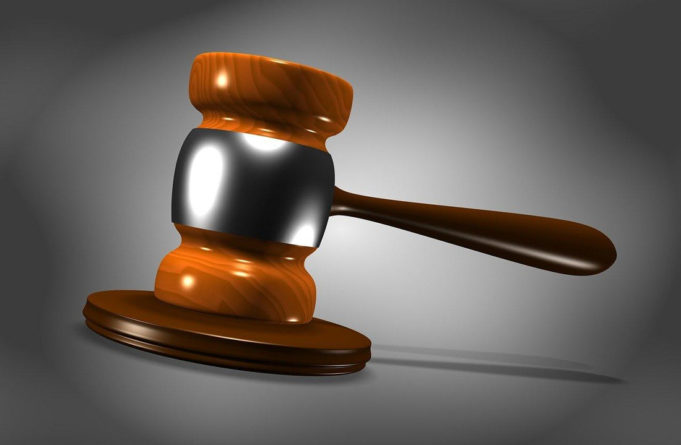New Zealand, like many other developed nations, is in desperate need of modernizing its betting and gaming laws. Like the UK, for example, much of the legal framework is derived from the 2005 Gambling Act (New Zealand in 2003), which failed to recognize the ubiquitous impact of the internet, smartphones, and, arguably, the globalization of the digital economy.
The government has taken its first major step in addressing that. In July, Minister of Internal Affairs Brooke van Velden introduced the Online Casino Gambling Bill, which could transform the way iGaming operators do business in the country, potentially leading to better services, better choices, as well as tax revenues.
As with every government bill, there are pushbacks from the House of Representatives and stakeholders, yet there are a lot of elements in the bill that should have widespread support. For a start, a provision in the bill will allow for 15 official NZ online casino licenses, allowing both remote and local gaming platforms to operate under NZ licensing for the first time.
New Zealand Casino Licensing Law Today
As it stands today, we know that online sports betting and lottery gaming operate under a pseudo-monopoly via the TAB NZ and Lotto NZ. For online casinos, a licensing system has not been granted for local platforms. However, remote operators can provide services legally to NZ players, and many do; they just can’t advertise.
Who licenses the online casinos? Different jurisdictions around the world, particularly European ones. The MGA (Malta Gaming Authority), for instance, is one of the world’s most important licensing bodies, providing a license to top sites with casino jackpot games worldwide, offering legitimacy and peace of mind for players in New Zealand and elsewhere that they are playing with a trusted platform.
If you are playing online today, look for licensing from a trusted licensing body like the MGA or the Gibraltar Gaming Division. Be wary of unlicensed casinos or those that have gained a license from a loose authority.

The Bill Will Not Please Everyone
Nonetheless, the changes potentially coming in 2026 will bring operators under NZ jurisdiction, allowing them to advertise and compete. The Online Casino Gambling Bill has other protective measures, particularly around player safety, and it will give the government the ability to fine operators up to $5 million for breaking the new rules.
While we must wait to see the bill in its final form, there are important issues that it seeks to address. For example, a study showed that just 10% of New Zealand’s online gaming revenue was generated onshore. As mentioned, it does not really matter for players who can access services from remote operators, but it can impact everything from tax-raising revenues to player protection strategies. If you are going to allow casino gaming anyway, why not bring the licensing onshore, too? It feels like the logical decision.
We mentioned earlier that New Zealand joins many other countries in scrambling to clarify its gambling legislation, attempting to bring it up to speed for the 21st century. It’s far from certain that the Online Casino Gambling Bill will address all issues, and keep all stakeholders happy, but it is at least an attempt to bring some much-needed changes to reflect the digital age and gaming environment we live in.











